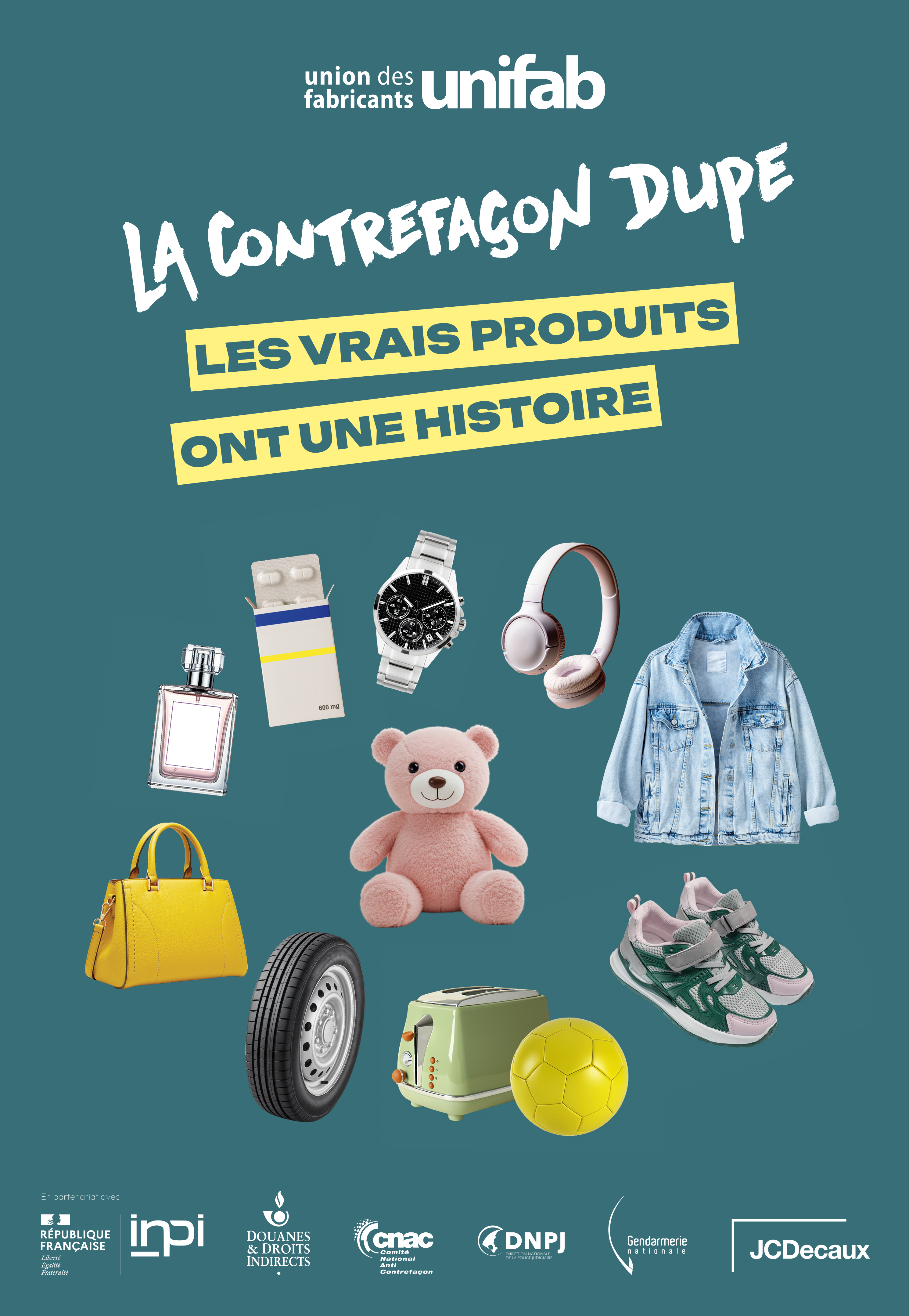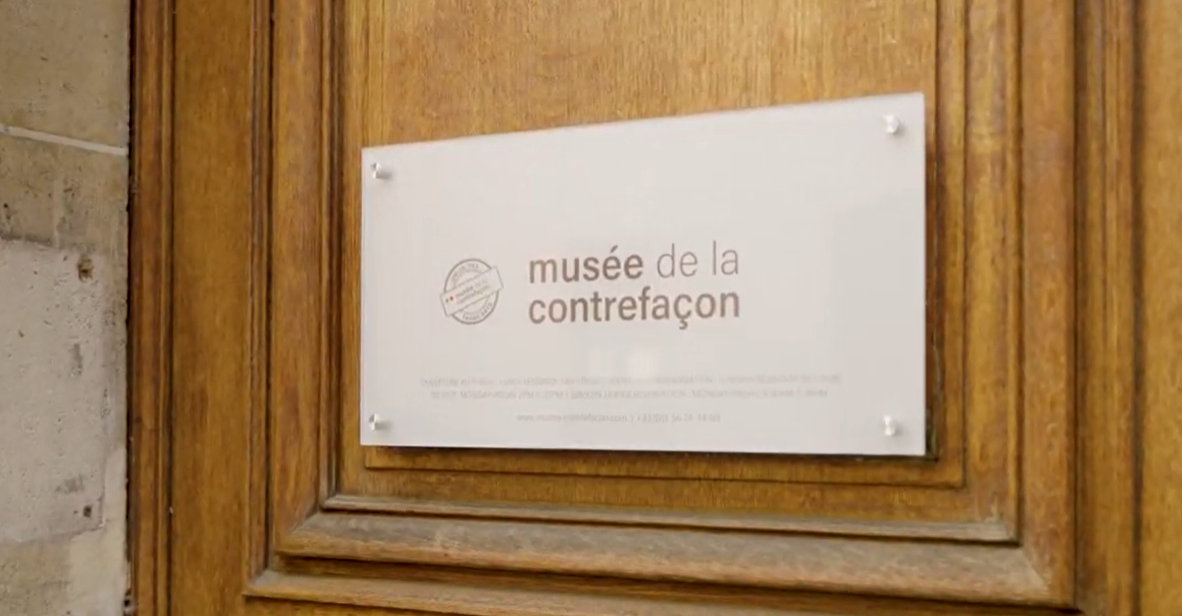Why the fight against counterfeit is more relevant than ever in Turkey (And the Global Market Too)
Turkey has been long regarded as Europe’s gateway for counterfeits. A 2016 OECD report has even revealed that the fourth highest number of counterfeit shipments being seized originates from Turkey, where many of the fake goods produced are bound for its neighbours in the EU. Though China produces the overwhelming majority of counterfeit products in the world, Turkey has been and still is the « doorstep » for the distribution of these products not just in the transit, but also in the production of fake merchandise.
In 2022, this is not at all new information. However, according to OECD data, the pandemic just might be the perfect storm for those criminals who have leveraged the Covid-19 climate to make illicit profits because of the closure of businesses, disruptions to transport and distortions to supply chains, meaning that counterfeit products could proliferate at an unprecedented pace.
According to experts of the European Intellectual Property Office (“EUIPO”), this phenomenon is linked first and foremost to the intensified misuse of the online environment because of lockdowns and broken supply chains. There is no doubt that the popularity of online commerce has increased as a result of the pandemic, increased social media use and new sophisticated marketing methods. In 2020, while retail sales declined in most countries due to the pandemic, online sales grew by more than 20% compared with 2019. Turkey is no exception, with entrepreneurs continuing to launch multiple sophisticated e-commerce websites and apps for the young Turkish consumer demographic.
Nevertheless, e-commerce is also popular for those who wish to carry out illegal activities, such as trade of counterfeit items. On these websites, counterfeit versions of popular high-end French textile and cosmetic products, perfumes, shoes, bags, watches and accessories can easily be found. However, the possible legal remedies are at best questionable given that e-commerce liability in Turkey is currently in a « grey area »: the operator of the e-commerce website is neither the producer nor the seller of the counterfeit product, the operator only matches sellers with consumers online via suitable infrastructure, and the proper legislation or the jurisprudence on the matter does not exist for the moment. No doubt, the quality of e-commerce development in a country is closely linked to the level counterfeit goods already existing in a country. This only underlines how vital preventive measures at Turkish Customs are in the first place for combating counterfeiting, since once counterfeit products are made available on
e-commerce web sites, legal options become narrower.
The aforementioned EUIPO report also points out that the pandemic has also created a change in enforcement priorities such as focus on Covid-19-related products and labour shortages among law enforcement officials. The European Commission had already indicated in 2021 that customs authorities in Turkey rarely issued an order ex officio to seize counterfeit goods and that Turkish criminal judicial authorities rarely ordered the search and seizure of counterfeit goods and rejected these requests without any justification. The pandemic has unfortunately highlighted this situation and has reduced Turkish efforts to counter the illicit trade in many counterfeit products, because the country’s focus was, understandably, mainly on public health and safety. For example, the Anti-Smuggling and Anti-Organized Crime Teams, affiliated with the Turkish Home Affairs Ministry of Internal Affairs, conducted ex-officio operations mainly against unauthorised producers and retailers of medical face masks and disinfectants because they were seen as the most important priority for public health during the pandemic.
Considering the above-mentioned reasons, the fight against counterfeit is more relevant than ever in Turkey, and by extension in the EU and global market too. This is why in the current climate, it is of the utmost importance that IP services with industry-specific expertise handle complex disputes to raise IP protection standards.
We strongly believe that Turkey should continue to be classified as a priority country, and we will continue to contribute to raising awareness on the matter. Our services can be reached for any additional information you may need on IPR protection and combating the proliferation of counterfeit products.
◆ ❖ ◆
In compliance with Turkish bar regulations, opinions relating to Turkish law matters that are included in this client alert have been issued by Özdirekcan Dündar Şenocak Ak Avukatlık Ortaklığı, a Turkish law firm acting as correspondent firm of Gide Loyrette Nouel in Turkey.




